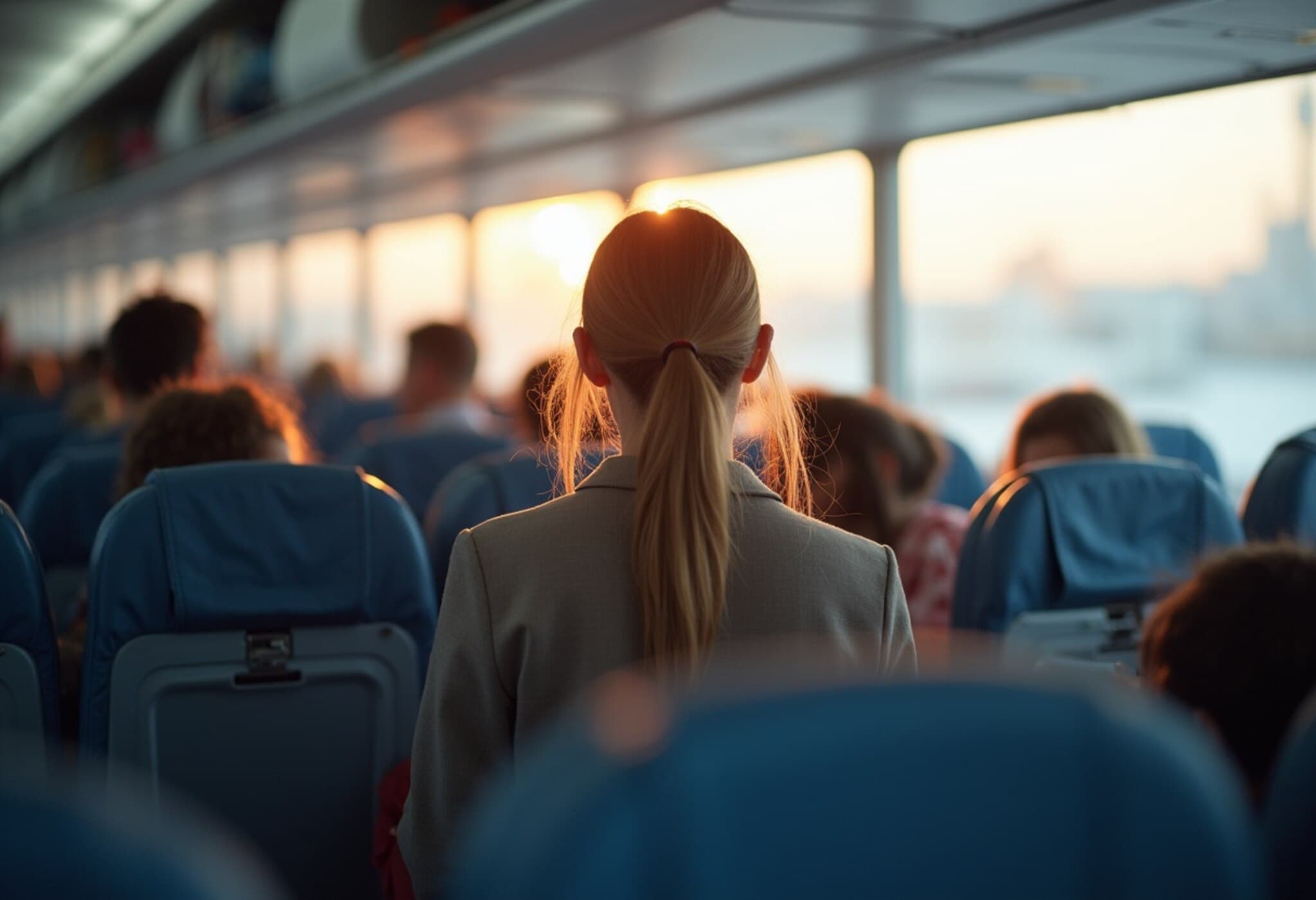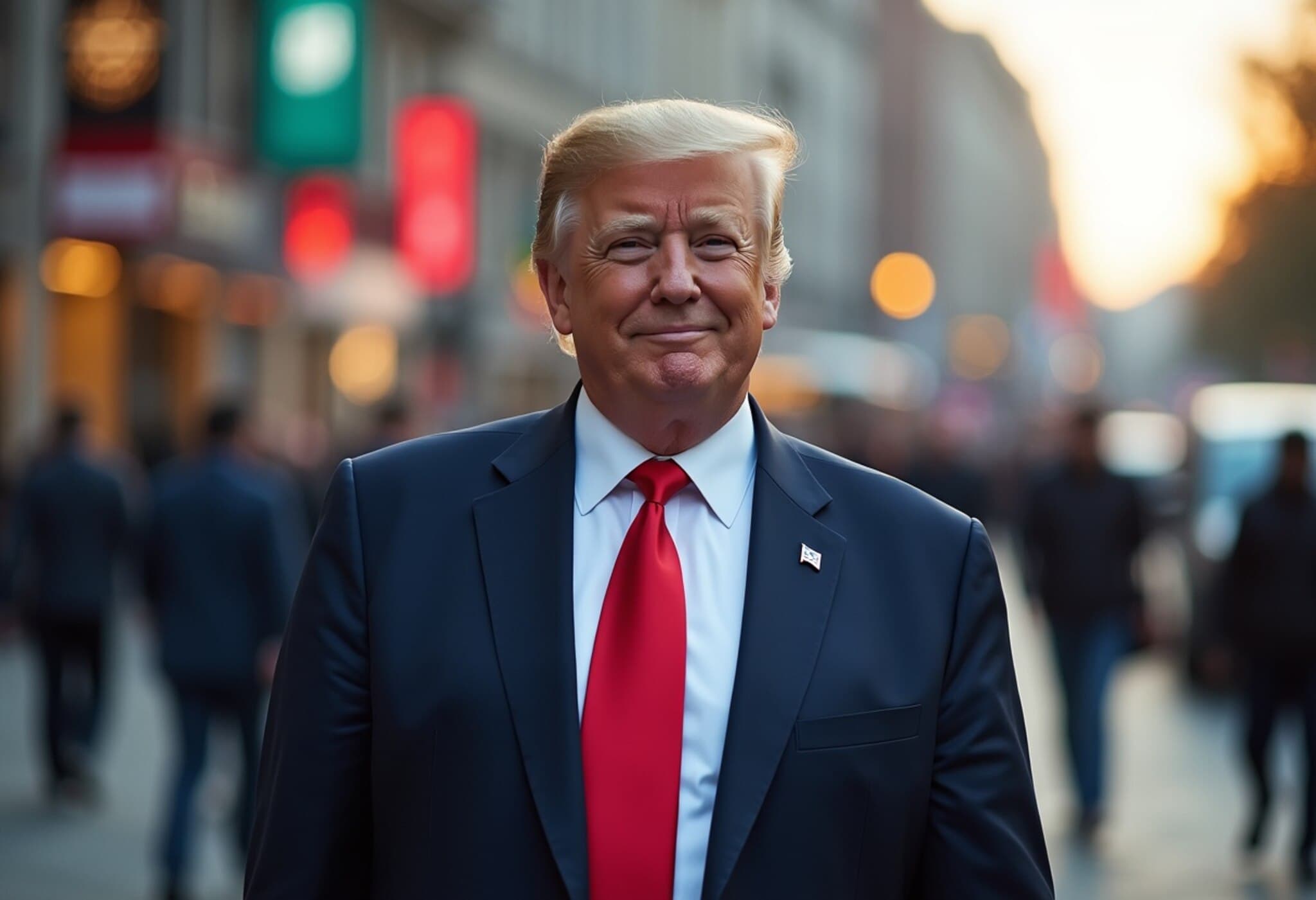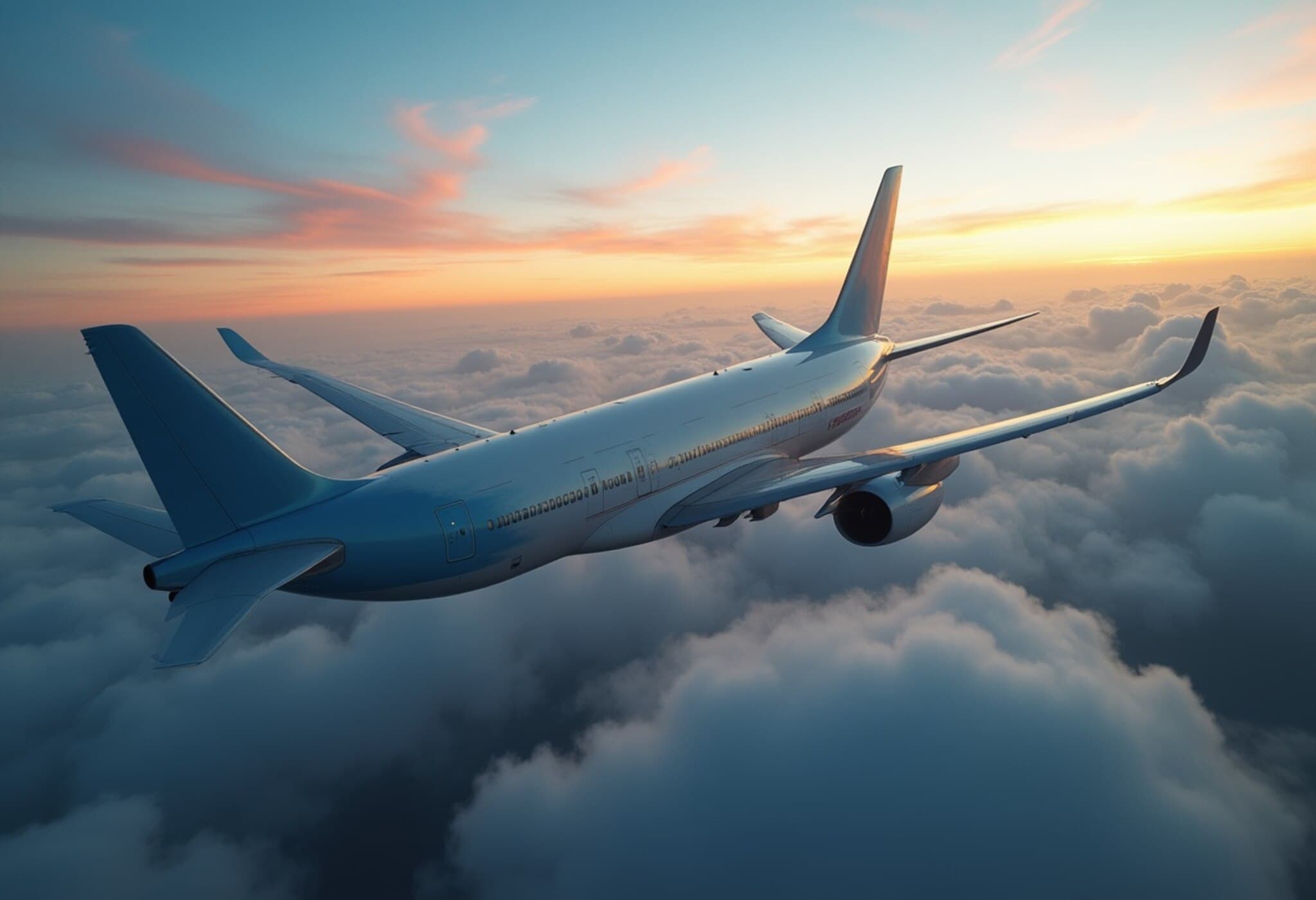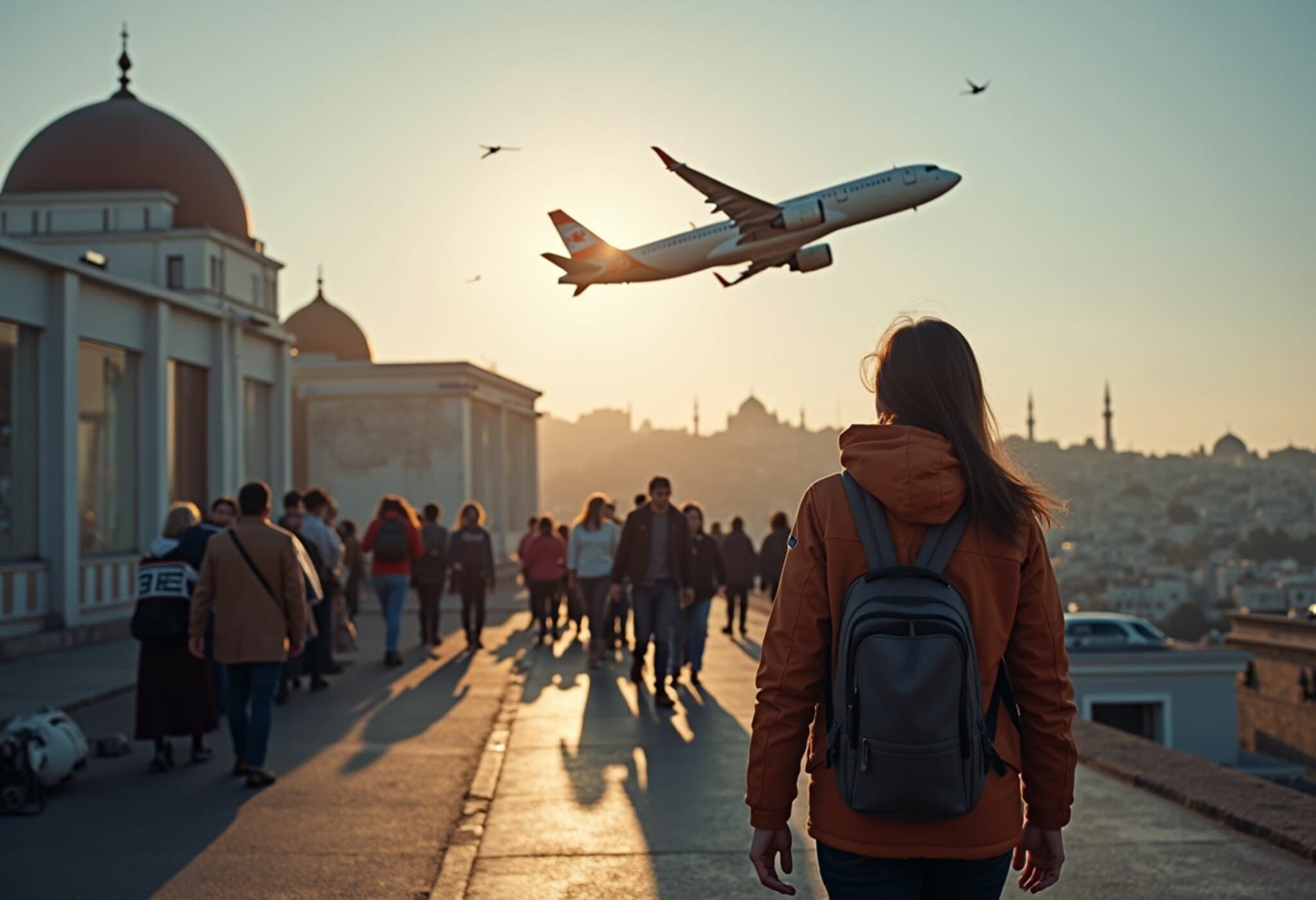Why Early Boarding Upgrades Matter More Than Ever in 2025
As air travel surges to record highs in 2024 and airlines continue adapting their boarding policies, travelers face new decisions about how to get on the plane smoothly and secure their spot in the overhead bins. Southwest Airlines’ recent shift away from its traditional open seating model—a hallmark of its customer-friendly approach—signals a broader industry trend toward tiered, paid boarding processes.
This change prompts an important question: Is paying for an early boarding pass genuinely worth the extra cost? For many, especially those traveling with carry-on luggage, the answer is a resounding yes.
The Essential Reason to Consider Early Boarding
Travel expert Sara Wilcox, an advisor at Fora Travel in New York City, underscores that the primary motivator for upgrading boarding is to ensure overhead bin space for carry-on bags. “Early boarding isn’t just about convenience—it’s a race to secure overhead bin spots,” explains Henry Harteveldt, founder of Atmosphere Research Group, a respected travel market research firm.
Given the trend toward stricter baggage policies and the desire to avoid gate-checking your bag, early boarding upgrades can provide significant peace of mind.
Understanding How Boarding Groups Work Today
Federal regulations require airlines to prioritize boarding for passengers needing special assistance. Beyond this, airlines may offer early boarding privileges to active military personnel and families traveling with young children.
After these groups board, airline loyalty status and ticket class typically dictate boarding order. Frequent flyers with elite status book their spots closer to the front, while travelers holding discounted economy fares are usually last in line.
What This Means For You
- If you lack elite status or premium tickets, your boarding time likely hinges on whether you purchase an early boarding add-on or have travel credit cards linked to airline benefits.
- Those without such perks may end up at the back of the line, scrambling for overhead space.
Buying Early Boarding: How It Works and What It Costs
Most airlines now offer early boarding as a purchasable add-on either during ticket purchase or closer to the flight date, sometimes bundled with perks like priority security or seat selection. Pricing varies widely but often ranges from $20 to $30, with some airlines like United offering a flat $24 priority boarding option.
Travel guru Sally French from NerdWallet advises, “If overhead space matters, you really need to invest in priority boarding.” This small investment can offset the frustration and risk of having to gate-check carry-ons or stow them inconveniently.
Navigating the World of Airline Credit Cards
Another avenue to quicker boarding is through airline-branded credit cards, which often help travelers climb the loyalty ladder. These cards commonly waive checked baggage fees and sometimes grant priority boarding when you book flights using the card.
However, it's crucial to carefully evaluate the card's fees and benefits. Simply owning the card doesn’t usually guarantee early boarding; you generally must purchase your flight with it to unlock any perks.
Premium Economy and Upgrades: Another Path to Early Boarding
Booking premium economy or main cabin fares usually secures better boarding positions and the option to pre-select seats. According to French, premium economy is a middle ground—offering more legroom and perks without the extravagance of first or business class.
While more costly than standard economy—often 30% higher—it’s considerably cheaper than business class. Travelers with enough frequent flyer points can sometimes upgrade to premium economy, though experts remind us to weigh the true value of points redemption carefully.
“Cash upgrades often deliver better value than miles,” notes Stella Shon, a senior features editor at UpgradedPoints.
Is Early Boarding Right for Every Traveler?
Not necessarily. If you’re comfortable with assigned seating, especially towards the back, and aren’t burdened with large carry-ons, skipping early boarding can save money. However, it’s a gamble on overhead bin availability.
Expert consensus is clear: For many, particularly frequent travelers and those with carry-ons, early boarding upgrades reduce stress and add convenience.
What Should American Travelers Consider?
- Budget-conscious flyers may find value in signing up for an airline’s travel credit card to gradually unlock early boarding benefits.
- Families with children should note early boarding policies often extend automatically.
- Business travelers might leverage premium economy or flexible ticket options for guaranteed earlier boarding and added comfort.
Final Thoughts: The Boarding Battle Is Real
In a landscape where travel volumes are rebounding and airlines recalibrate their boarding procedures, understanding your boarding options is essential. The headache of juggling carry-on bags and the anxiety of late boarding can be largely avoided with a modest investment in early boarding upgrades or strategic use of loyalty programs.
Editor's Note
As airlines increasingly monetize boarding and seating preferences, travelers must balance cost against convenience, especially in the post-pandemic recovery era of packed flights. What’s your priority—the least expensive ticket or a guaranteed stress-free boarding experience? How will evolving airline policies shape future travel behaviors? These questions warrant attention as we navigate the increasingly complex world of air travel.













